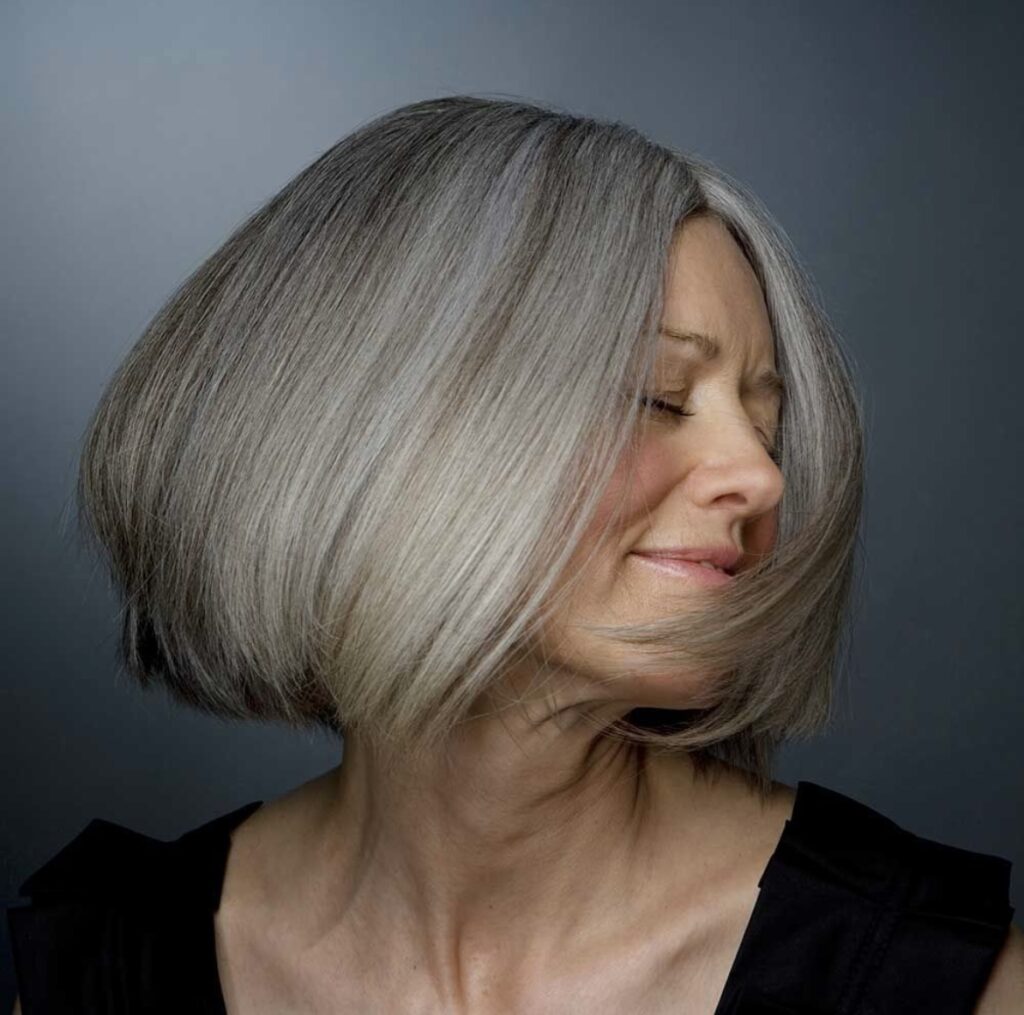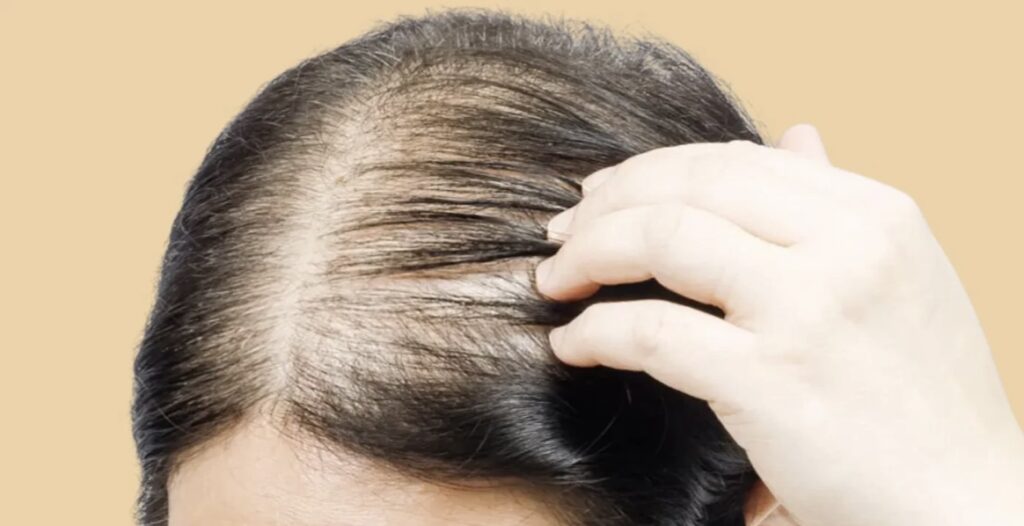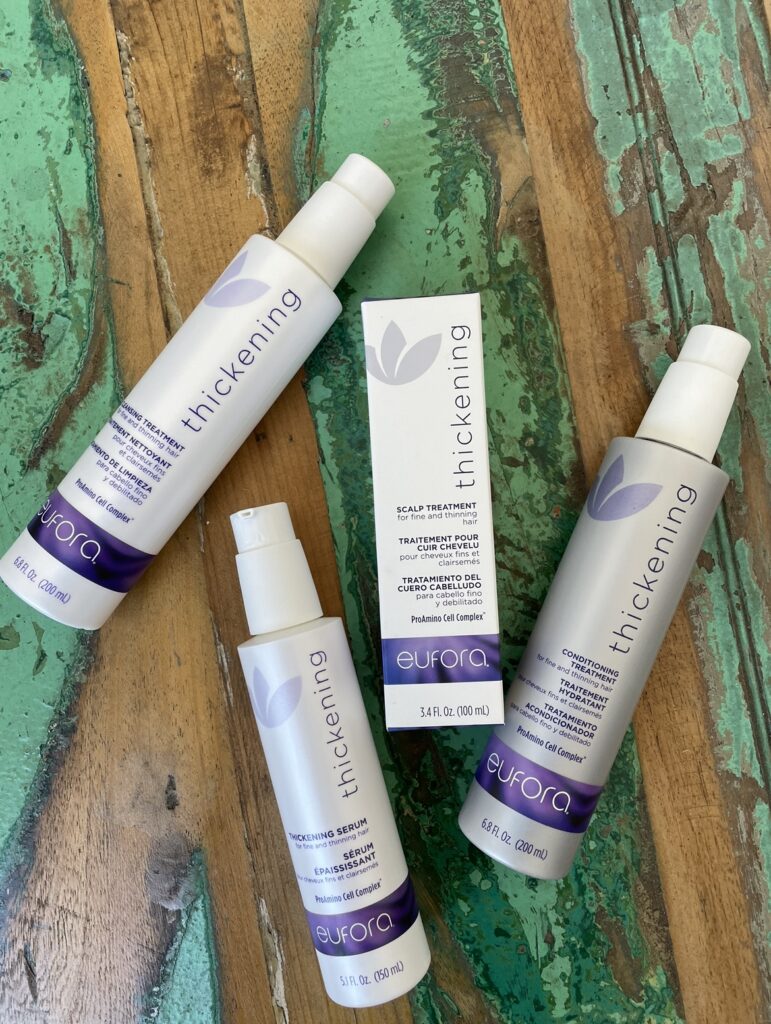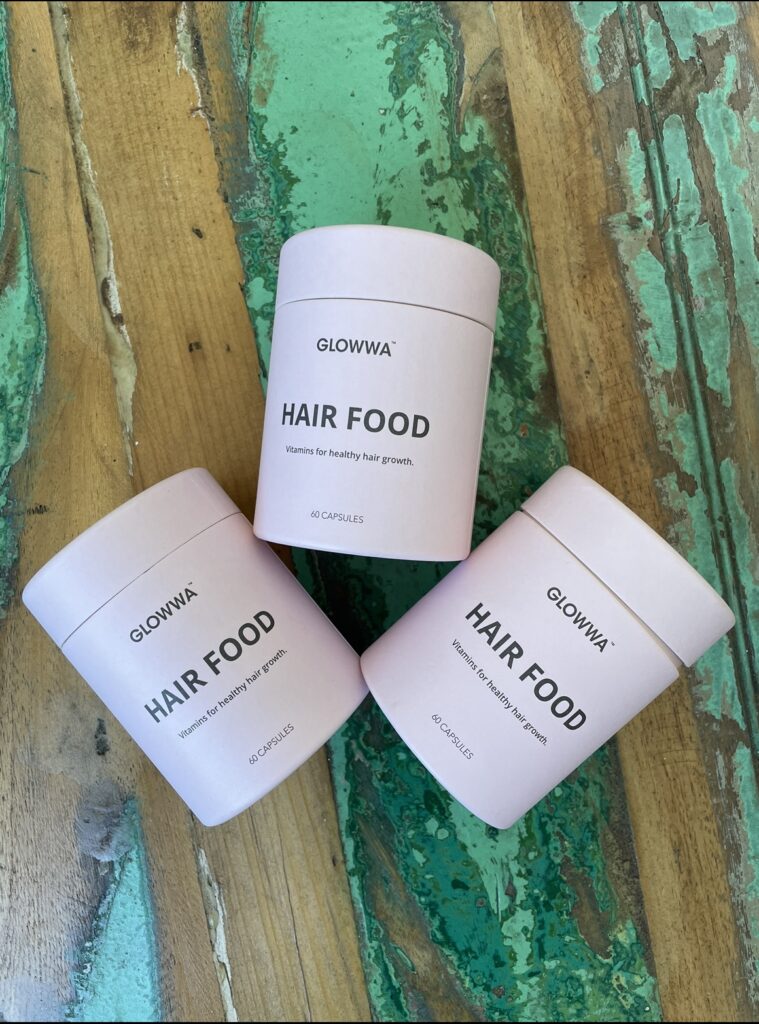
Understanding the Basics
Menopause, typically occurring between the ages of 45 and 55, involves a decline in hormone production, including a decrease in estrogen and progesterone. These hormonal shifts can lead to a range of symptoms, including hot flashes, mood swings, and changes in hair and skin.
Hair Thinning and Loss
One of the most common hair-related effects of menopause is hair thinning and loss. As estrogen levels decline, the hair growth cycle can become disrupted. This disruption often results in hair follicles shrinking and producing finer, thinner hair strands. Additionally, some women may experience increased hair shedding, leading to an overall reduction in hair volume.

Managing the Changes
While menopause-related hair changes can be distressing, there are strategies to help manage and mitigate these effects:
1. Diet and Nutrition:A balanced diet rich in vitamins and minerals can support hair health. Focus on foods containing biotin, iron, and omega-3 fatty acids, which contribute to strong and healthy hair.
2. Hair Care Routine: Adapt your hair care routine to your changing hair needs. Use gentle, sulphate-free shampoos and conditioners that cater to dry or thinning hair. Avoid excessive heat styling and opt for protective hairstyles.
We recommend Eufora Thickening range. This is a hair regimen that focuses on creating optimal scalp health to promote growth. We swear by this in the salon. Many of our clients use this to give their hair the extra attention it needs. Just like anything, it is important to remain consistent for the best results.
3. Scalp Care: Keeping your scalp healthy is crucial. Regular scalp massages can stimulate blood flow and promote hair growth. Consider using products that nourish and moisturise the scalp.
4. Supplements: Consult with a healthcare professional before considering supplements, but options like biotin and vitamins designed to support hair health might be beneficial. We recommend Glowwa. We have many clients in our salon complaining about their struggles with the condition of their hair, and we understand how important it is to look and feel good.
GLOWWA uses the highest quality, clean active ingredients that are cruelty free and vegan. Supporting hair health but wellbeing too.
5. Hairstyling: Experiment with hairstyles that add volume and create the illusion of thicker hair. Layers and textured cuts can provide dimension and help conceal thinning areas.
6. Professional Advice: If hair thinning or loss is a significant concern, seeking advice from a dermatologist or trichologist (hair and scalp specialist) can provide personalised guidance and potential treatment options.
In conclusion, menopause brings about a multitude of changes in a woman’s body, including alterations to hair texture, thickness, and overall health. Understanding these changes and adopting a tailored approach to hair care can empower women to embrace and manage the effects of menopause on their hair. Remember, adapting to these changes is a part of a natural life journey, and with the right care, you can still maintain hair that reflects your beauty and vitality.
Book a consultation with us today!



